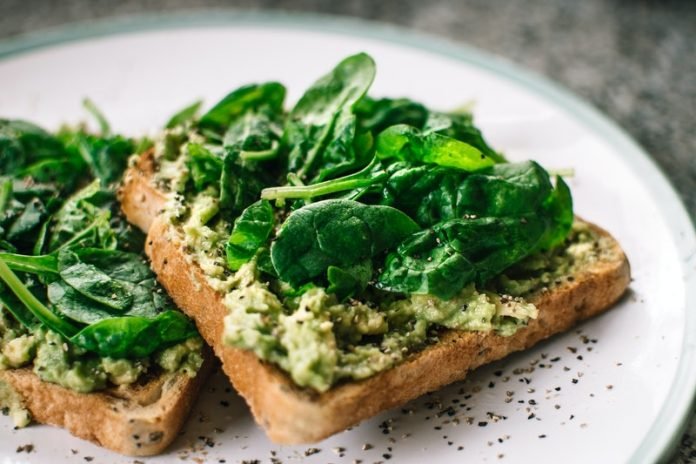
In a new study from Edith Cowan University, researchers found that by eating just one cup of nitrate-rich vegetables each day people can strongly reduce their risk of heart disease.
They examined whether people who regularly ate higher quantities of nitrate-rich vegetables, such as leafy greens and beetroot, had lower blood pressure.
They also examined whether these same people were less likely to be diagnosed with heart disease many years later.
Cardiovascular diseases are the number one cause of death globally, taking around 17.9 million lives each year.
In the study, the researchers examined data from over 50,000 people residing in Denmark over a 23-year period.
They found that people who consumed the most nitrate-rich vegetables had about a 2.5 mmHg lower systolic blood pressure and between 12% to 26% lower risk of heart disease.
The results suggest that by simply eating one cup of raw (or half a cup of cooked) nitrate-rich vegetables each day, people may be able to effectively reduce their risk of cardiovascular disease.
The greatest reduction in risk was for peripheral artery disease (26%), a type of heart disease characterized by the narrowing of blood vessels of the legs, however, we also found people had a lower risk of heart attacks, strokes, and heart failure.
The study found that the optimum amount of nitrate-rich vegetables was one cup a day and eating more than that didn’t seem to give any additional benefits.
The research adds to growing evidence linking vegetables generally and leafy greens specifically with improved cardiovascular health and muscle strength.
The team says hacks such as including a cup of spinach in a banana or berry smoothie might be an easy way to top up the daily leafy greens.
If you care about heart health, please read studies about heart disease can be found in the eyes and findings of a new early warning sign for heart disease.
For more information about heart disease prevention and treatment, please see recent studies about newer diabetes drug can protect kidney and heart health and results showing that this cheap drug combo could reduce heart disease death by one-third.
The study is published in the European Journal of Epidemiology. One author of the study is Dr Catherine Bondonno.
Copyright © 2021 Knowridge Science Report. All rights reserved.



